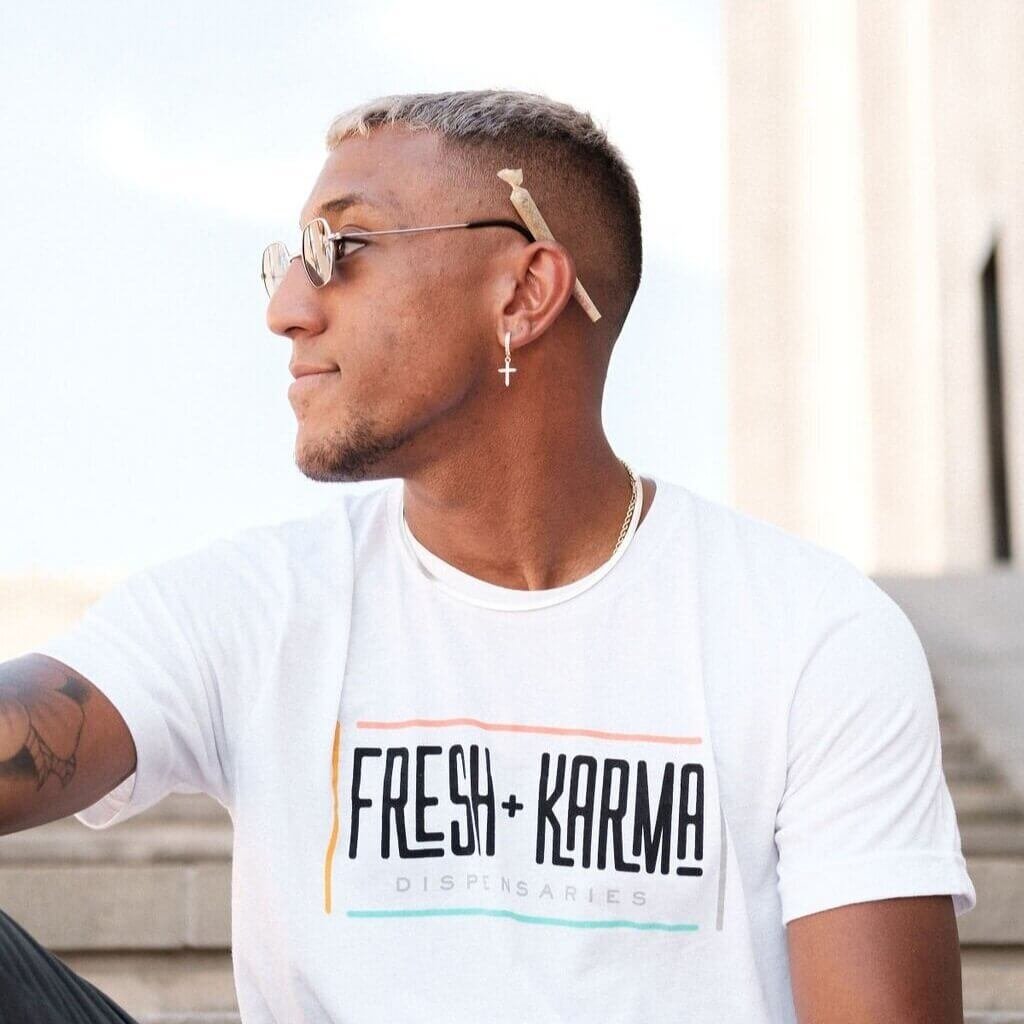Originally published in the Fulton Sun by Jeff Haldiman
Last weekend marks the anniversary of the state's first sales of medical marijuana.
Those associated with Missouri's medical cannabis industry said they have seen "exponential growth" and are anticipating an even more robust 2022.
Fresh Karma has two operational dispensaries, with a third on the way in 2022.
"After starting from scratch and clawing through the unprecedented challenges of an extended global pandemic, our industry has quickly made its mark on the state's economy, creating more than 5,000 new jobs and generating an anticipated $200 million in annual revenues," said Andrew Mullins, executive director of The Missouri Medical Cannabis Trade Association.
In late January, Missouri Health & Wellness on Missouri Boulevard became the first dispensary to open in the Capital City. Regional Manager Kathleen Beebe said they are happy the community has accepted them and has been interested in what they provide.
"We're starting to see the stigma being broken," Beebe said. "We see a variety of ages, but I'd say our biggest demographic are those 55 and older. We do have patients in their '80s and '90s."
Beebe said most of the people who they serve have never previously tried medical marijuana.
"They haven't had success with traditional medicines," Beebe said. "That's my favorite part of the job, seeing people come in and being able to find them some relief."
Beebe said their first location opened in Washington in November 2020, followed by a store in Sedalia in December 2020. After opening in Jefferson City, they opened a store in Kirksville in March. She said they have the same type of clientele at all their stores, however they get a lot of people going to the Lake of the Ozarks in their Sedalia store.
Under Article 9 of the state Constitution, Missouri residents with qualifying conditions including cancer, epilepsy and glaucoma can purchase or cultivate medical marijuana with a physician's certification.
The law also provides physicians with the discretion to certify patients who have other chronic and debilitating medical conditions that could benefit from medical marijuana, and legally protects their right to have such conversations.
"Probably pain management is the most common reason for people coming to see us," Beebe said. "We help some people with sleep issues and anxiety. We're living in a period of time where it's not hard to get anxious over most anything."
Beebe said the medical marijuana program has had a jump in the number of patients who have registered since it began as there are now more than 150,000 people registered to get their medical marijuana card. She's also seeing more growers starting to come online and the quality and variety of products is increasing.
"I worked at a cultivation facility in Illinois, and I was interested to do more interactions with patients so I could find out what they are dealing with and let them know the benefits of cannabis," Beebe said. "We have a lot more to learn, but one thing we knew was important and that was to locate in places where people may not have as much access to medical cannabis. Rural communities don't always have or get that opportunity."
Once a patient gets their certification to get medical marijuana cannabis by a doctor, they can come into dispensaries. Beebe said on average they see 75-100 patients a day in Jefferson City and their other locations. The price to get a certification card is $149, which Beebe said is a, "pretty average price for the industry." Under state law, a person can get up to four ounces per month.
Bebee said insurance typically does not cover medical marijuana, and the medical marijuana can cost from $260-$420 an ounce for the customer.
The state Department of Health and Senior Services has issued licenses for nearly 200 dispensaries, 62 cultivation sites and 89 manufacturing facilities to operate in Missouri.
"I think we'll see a measure to legalize the recreational use of marijuana get on the ballot next year in Missouri, but we still have a lot of work to legitimize this institution," Beebe said. "People were hesitant, but they found out they would not be going to a place for a drug deal. We have to continue to develop relationships so people know what benefits medical marijuana can offer."
Originally published in the Fulton Sun by Jeff Haldiman


